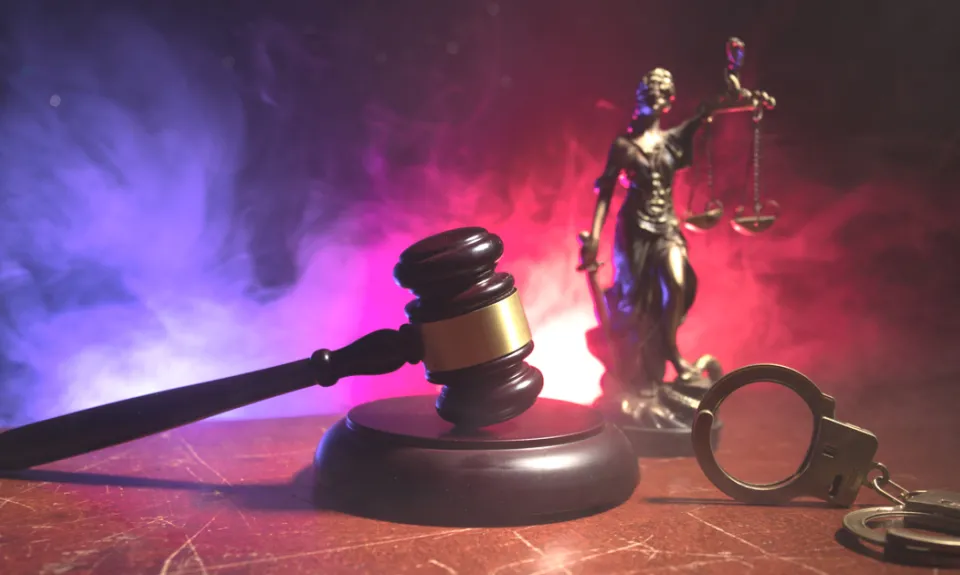Judge Alison Nathan, nominated by President Biden to the Second Circuit court of appeals, wrote a decision reversing a lower court and allowing consumers to pursue a class action for violation of US securities laws against an exchange that sells crypto-assets in the US. The March 2024 Second Circuit decision was in Williams v Binance.
What is the background of this case?
Binance is an online platform where crypto-assets are purchased and sold. Crypto-assets are digital representations of value without physical form that are often invested in and traded, like Bitcoin. Binance states that it does not have a “physical headquarters” but is “the largest such exchange in the world.” Binance has a “substantial presence” in the US, with “servers, employees, or customers throughout the country.” Yet it “never registered as a securities exchange” or a securities broker-dealer in the US.
Chase Williams and many other individuals used Binance through their computers in the US to purchase crypto-assets known as “security tokens.” Corporations and others that issue such tokens use them to raise capital for various types of commercial projects, in which purchasers acquire a future interest. Like stocks, such interests can increase in value and be traded. Unlike stocks, however, security tokens “do not give the token holder ownership or a creditor interest in any corporate entity.”
Each offering of securities tokens purchased by Williams and others was accompanied by a “whitepaper” by the issuer, which “included both advertising and a technical blueprint for the proposed project.” They “did not include the warnings that SEC registration statement would have included,” since no such statements were filed with the SEC. Purchasers paid fees for the use of the exchange to Binance which, as alleged by the complaint in the case, “directly targeted the US market with advertising and customer support specifically aimed at US users.”
As the complaint also alleged, the “vast majority” of tokens purchased on Binance by Williams and others “turned out to be empty promises.” All these tokens, the complaint maintains, “are now trading at a fraction of their 2017-18 highs,” and “investors were left holding the bag when these tokens crashed.”
Williams and other purchasers filed a class action against Binance in federal court, contending that it violated federal securities laws by promoting and selling securities without registering as a securities exchange or broker-dealer and without making required warnings and disclosures. The complaint also maintained that Binance violated state laws “designed to protect the public from securities fraud.” It sought damages from Binance or cancellation and refund of the investors’ purchases.
Binance moved to dismiss the case, asserting that it was an international entity with no offices in the US and that US securities laws do not apply to it. The district court agreed and dismissed the case. Williams and other consumers appealed to the Second Circuit.
How Did Judge Nathan and the Second Circuit Rule and Why Is It Important?
Judge Nathan wrote a unanimous decision that reversed the lower court and sent the case back so that the consumers could pursue their claims against Binance. Nathan explained that the investors had “plausibly alleged” that their purchases were “domestic transactions subject to domestic laws because the parties became bound to the transactions in the United States.” Specifically, she went on, this was because the purchases were transacted on “servers located in the United States,” and because the investors “transacted on Binance from the United States” and “their buy orders became irrevocable when they were sent” according to Binance’s own terms and conditions. The fact that Binance has no physical offices or exchange location in the United States did not allow it to escape liability.
Judge Nathan thus concluded that Williams and the other consumers had “plausibly alleged that they engaged in domestic transactions in unlisted securities.” This meant that they can pursue their class action claims for violations of securities laws with respect to all transactions that occurred “during the year before they filed suit,” pursuant to statute of limitations requirements.
Judge Nathan’s decision was obviously important to Chase Williams and other individual investors who contend they were harmed by Binance’s improper conduct. Particularly in the Second Circuit, which includes New York, Connecticut, and Vermont, the ruling also provides a significant precedent concerning the responsibility of world-wide dealers in crypto-assets to comply with US law when they do business in the US. The decision also serves as a reminder of the importance of promptly confirming fair-minded nominees like Judge Nathan to our federal courts.
